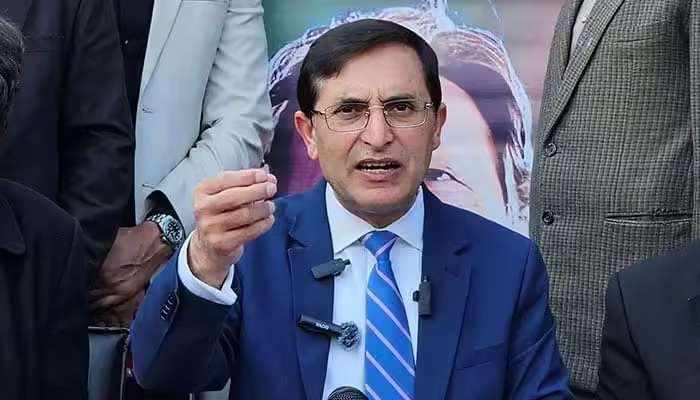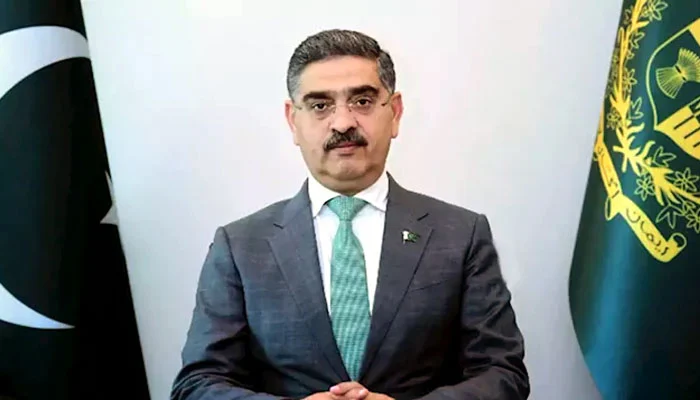In a recent development in Pakistan’s political landscape, Shaukat Tarin, the Federal Minister for Finance, held a meeting with Chief Election Commissioner Sikander Sultan Raja to discuss financial matters related to the upcoming general elections. Meanwhile, key figures from major political parties shared their perspectives on the current situation, with varying opinions on the scheduled election date and the Lahore High Court’s recent orders.
Shahbaz Sharif, the President of the Pakistan Muslim League-Nawaz (PML-N), expressed concern, stating that if there is a delay in the February 8, 2024, elections, the responsibility will lie with the ruling Pakistan Tehreek-e-Insaf (PTI). Conversely, Faisal Karim Kundi, the spokesperson for the Pakistan Peoples Party (PPP), emphasized that the elections must proceed as planned on February 8, rejecting any pretext for postponement.
The question of why the Pakistan Muslim League-Nawaz (PML-N) is avoiding the elections was raised, to which Dr. Firdous Ashiq Awan, the Central Secretary Information of the Pakistan Peoples Party, responded by accusing the PTI of being frightened by the request to halt the training of District Returning Officers (DROs) and Returning Officers (ROs). She suggested that the request had exposed the PTI’s apprehensions.
In an interview, Ali Zafar, a leader of the Pakistan Tehreek-e-Insaf (PTI), clarified that their petition was not intended to cause a delay in the elections but rather to address the possible impact of the Lahore High Court’s orders. He acknowledged that the order may create obstacles and suggested that reconsidering the order might be necessary.
Zafar further expressed the need to withdraw the petition, stating that although bureaucracy has its place, the current circumstances demand flexibility. He highlighted the concerns that retired individuals may not be as adept at conducting a free and fair election, prompting the filing of the petition.
In essence, the recent meetings and statements from political leaders reflect the complexity and sensitivity surrounding the upcoming elections in Pakistan. The financial aspects of the electoral process are being addressed, but the Lahore High Court’s orders and the subsequent reactions from various political parties have added an element of uncertainty. The evolving situation highlights the challenges in navigating legal intricacies and ensuring a transparent and timely electoral process in the country.



